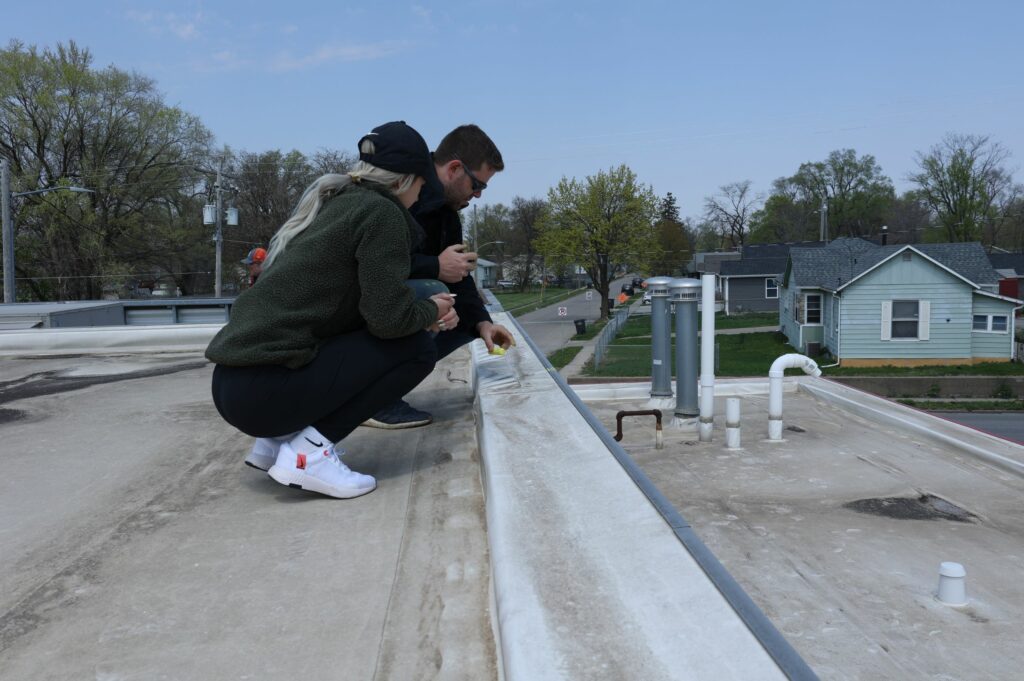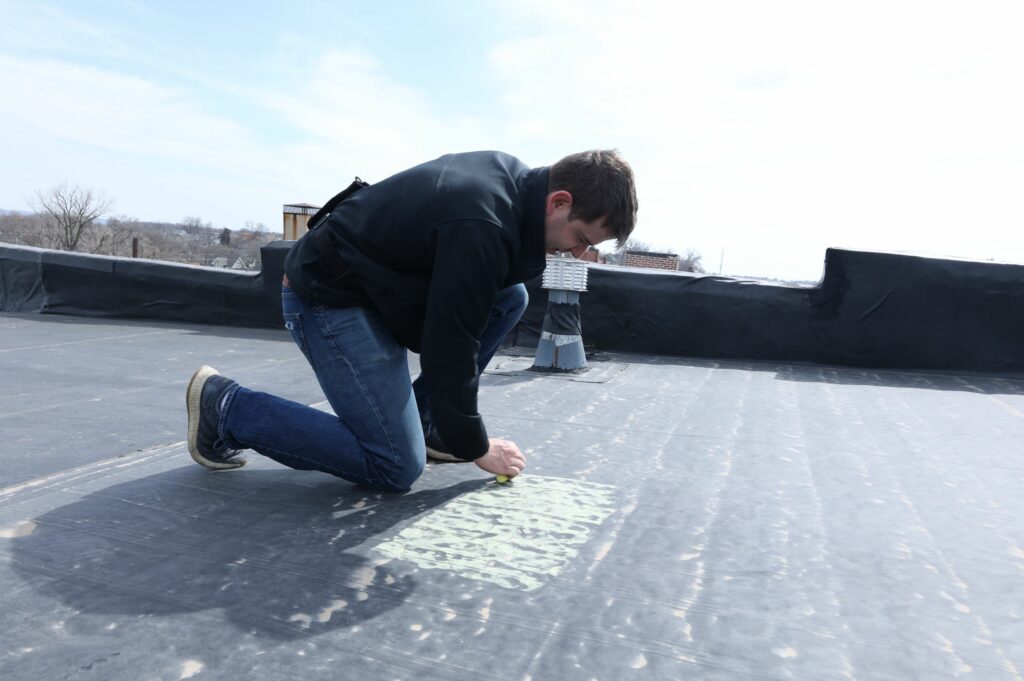When disaster strikes and your property is damaged, hiring a public adjuster can ensure you receive a fair settlement from your insurance company. However, many policyholders hesitate to sign a contract with a public adjuster. Understanding the reasons behind the hesitation is crucial for policyholders and public adjusters.
Concerns About Fees and Costs
One of the primary reasons policyholders are reluctant to sign contracts with public adjusters is the fear of high fees. Many worry that the percentage charged by public adjusters will significantly reduce their settlement amount.
UNDERSTANDING THE FEE STRUCTURE
Fear of Increased Premiums
Another common concern is the fear that hiring a public adjuster will increase insurance premiums. Policyholders worry that making a claim, especially with professional assistance, might flag them as high-risk to their insurers.
CLARIFYING PREMIUM IMPACTS
Filing a claim, with or without a public adjuster, can affect your premiums.
Suppose multiple claims are filed after a storm. In that case, your insurance carrier may raise the premiums for all policyholders in an affected area to help mitigate the financial impact of the widespread damage. However, a public adjuster’s expertise can improve your claim’s outcome. Public adjusters are motivated to help you make the most of your claim so that your property can be adequately restored, aiming for you to be fairly compensated for your losses. Insurance carriers primarily base premium adjustments on factors such as fault and Catastrophe Area designations. To learn more about what can affect your premiums, read our blog: Will My Insurance Premiums Go Up?
Worry About Policy Cancellation
UNDERSTANDING INSURANCE POLICIES
It’s illegal for an insurance company to cancel your policy simply because you hire a public adjuster. Public adjusters work to ensure you receive a fair settlement, and their involvement shouldn’t negatively impact your policy status. Public adjusters exclusively represent the policyholder’s interests, aiming for your claims to be maximized without jeopardizing your policy. Their role as your advocate can provide a buffer between you and the insurer, helping to facilitate a smoother claims process.
Belief That There Is No Damage
Some policyholders hesitate to sign contracts with public adjusters because they believe their property has not suffered significant damage. They might think the damage is too minor to warrant professional assistance.
ASSESSING THE DAMAGE
Public adjusters identify and document damage that policyholders might overlook. Even seemingly minor issues can lead to substantial claims. An initial consultation with a public adjuster can help determine the true extent of the damage. Their professional damage assessment can uncover hidden damages and ensure that all aspects of your loss are documented, potentially increasing your settlement.
Lack of Trust and Transparency
Finally, the hesitation often comes from a need for more trust or understanding of what signing a contract entails. Policyholders might fear hidden clauses or unfavorable terms.
ENSURING TRANSPARENCY
Before signing a contract, you should thoroughly read and understand the terms. A reputable public adjuster will be transparent about their fees, processes, and what you can expect. Don’t hesitate to ask questions and seek clarification. Policyholders should feel comfortable with their public adjuster and verify their credentials and references to build trust. Public adjusters who are open and communicative can help ease these concerns, fostering a collaborative and trust-based relationship.
Addressing these common concerns can help policyholders like yourself feel more confident about signing a contract with a public adjuster. Our team at Premier Claims wants you to make an informed decision and know that we’re here to help every step of the way. Remember, working with a public adjuster aims to make the most of your claim. A licensed public adjuster’s expertise and advocacy significantly benefit policyholders, ensuring professional and effective handling of the claims process.


